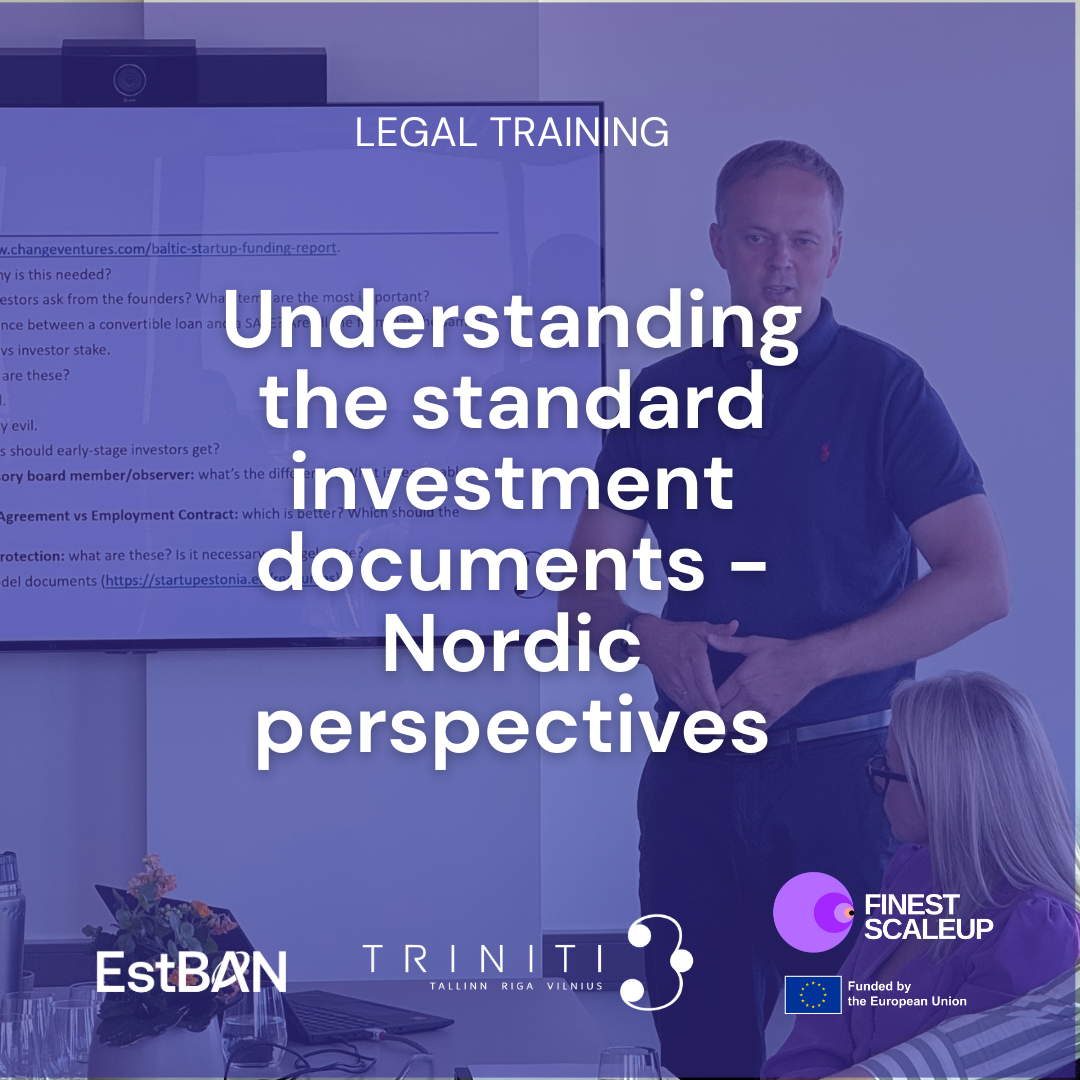How did you get the idea to become a business angel?
Evaluating funding decisions for various companies in banking eventually led me to start my own business. Being an entrepreneur gave me the confidence to begin investing in other founders’ ideas. As I looked for more ways to diversify my portfolio and aim for higher returns, angel investments became the next logical step.
What was your first angel investment or other high-risk investment? How did it go?
My first serious experience with taking an idea to market from scratch was back in 2014 when we co-founded the car rental brokerage CarHireLabs.com.
One big takeaway: as a co-founder, be cautious when partners delay formalizing agreements. If you don’t have a signed option agreement, you don’t have options, simple as that. Still, this experience introduced me to a whole new field – international car rental brokering – which was totally outside my prior banking and financial services background. Entering an international market through a startup significantly changed my worldview.
Another high-risk investment was in Carbon Streaming Corporation (NETZ), where I relied on another investor’s due diligence. While the company initially moved toward its projected sales goals and got listed on exchanges, getting out of the investment as a non-resident turned out to be extremely time-consuming. By the time the shares were tradable via a broker, the right time to exit had passed. The share price dropped from 16.69 CAD to 0.45 CAD in just 12 months.
Lesson learned: if you create an investment strategy, also think through your exit strategy -and whether exiting is even feasible.
Third, I invested in Ratechain Solutions, a platform where, as an angel investor or option holder, you can find yourself “stuck” as a minority shareholder with little access to information or influence over the company’s direction. In this case, your success depends heavily on the founders and their team.
What does your startup portfolio look like today?
My portfolio feels like a theory brought to life. Out of ten startup investments:
- Three failed quickly,
- Three are just surviving, and
- Three are profitable,
- One might return all invested capital.
And if it doesn’t? At least I get the joy of participating in bold, innovative ideas.
The best-performing investments were done through syndicates, together with other investors. I’ve co-led two syndicates with Sven Kotkas and participated in several others. Current investments include: Esgrid, Fleetfox, JeffApp, VideoCV, Zelos, RateChain, Carbon Streaming Corporation (NETZ), Ampler, Cleveron, Clevon, Settle, Fara Cycling, among others.
How do you choose where to invest?
The best way to explain this is through my experience as a lead investor in the sTARTUp Day syndicate. In 2024, 322 startups applied. We shortlisted a Top 40, then a Top 10, and finally chose a Top 3. At each stage, we assessed companies differently—from broad criteria to deep due diligence.
In early stages, you’re evaluating a large number of companies quickly. You focus on the team, market potential, whether they have revenue, if their valuation is reasonable, and whether the product solves a big enough problem. Later stages involve interviews and scoring frameworks. In the final stage, it’s about negotiating investment terms and seeing if the company is ready to take in a syndicate investment.
Three tips for new angel investors
- Start with syndicates: you’ll learn faster and share the risk. EstBAN runs at least two syndicates per year: sTARTUp Day and Latitude59.
- Set an investment strategy: focus on industries where you have knowledge or interest.
- Define your budget: know how much of your portfolio you’re willing to allocate to high-risk investments. For me, it’s 5%, a number I’m comfortable losing and confident I could regain with other investments. Most active angel investors allocate between 5-30% of their portfolio.

Where do you get your inspiration or information?
Mainly through the EstBAN network, sTARTUp Day, mentoring in incubators, and regularly exchanging ideas with founders and fellow investors.
Finally, do you need a finance degree or be a math whiz to be a good investor?
Not necessarily. It’s more important to understand the fields you invest in or have a strong interest in them. Yes, you should diversify to reduce risk, but always do your own due diligence. If you’re risking your own capital, don’t count on someone else having done the homework better than you.
See also:




